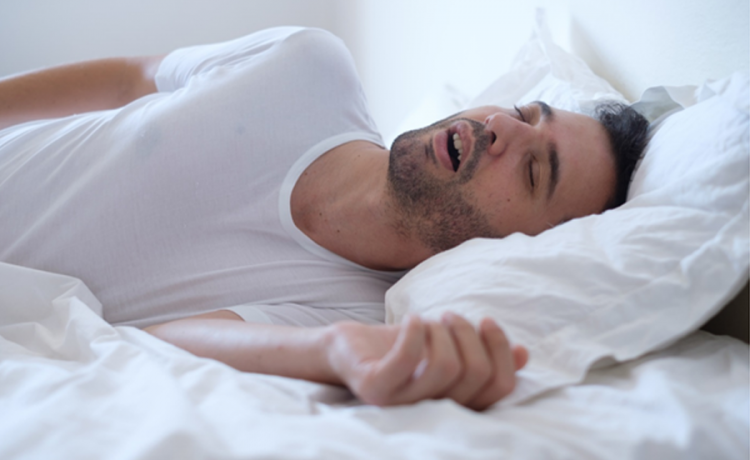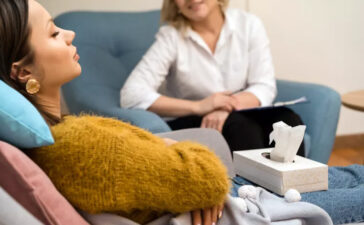Over 80{7e0259aaa3060fed66852291a7d473d02e5444f60b251106bbd92dbe50858870} of sleep apnea cases in the United States go undiagnosed every year, despite being one of the most widely known sleep disorders.
If you find it difficult to get restful sleep, then you may be looking for ways to make your life a little easier at night.
Using a humidifier for sleep apnea is one way that you can improve your quality of sleep overall.
Please take a look at our guide on sleep apnea and how a humidifier could help you.
What Is Sleep Apnea
Sleep apnea is a medical disorder that stops you from breathing for long moments whilst you are asleep. If you wake up feeling tired or in a bad mood when you feel like you should have had a restful sleep, it could be due to sleep apnea.
Out of the many sleep disorders you can suffer from, sleep apnea is one of the most dangerous as it limits the amount of oxygen getting to the brain during rest. There are two recognized types of the disorder.
Obstructive sleep apnea is the most common and occurs when the throat muscles block the airways during sleep, stopping air from easily entering the body.
Often this causes the person to snore very loudly due to the vibrations in the throat. This can cause a lack of sleep both for the sufferer and their sleep partner.
Central Sleep Apnea is less common and is caused by the brain and its lack of control over the respiratory muscles. This is a more serious variety and is not caused by the muscles blocking the throat.
What Treatment Is Available for Sleep Apnea?
In most cases of obstructive sleep apnea, the patient is offered a CPAP machine. Understanding the basics about CPAP or Continous Positive Airway Pressure machines is actually quite simple. They require a person with apnea to sleep with a mask on that forces oxygen into the airways.
The CPAP is very successful at treating sleep apnea, but many have discovered that using them in conjunction with humidifiers can also increase the benefits.
The Benefits of Humidifiers
Humidifiers help maintain the humidity levels of a room by adding more water to the air. Humidity can help keep your nasal passages and airways clear. This helps you to sleep better.
Drier air can inhibit normal breathing, which when you suffer from sleep apnea is already difficult. They can help relieve the feeling of congestion you may feel when waking with a dry mouth.
Humidifiers are not a cure for sleep apnea, but they will certainly help with some of the side effects of using a CPAP machine every night.
Tips for Using a Humidifier
Ensure you clean the tank of your humidifier regularly to help reduce the risk of infection from bacteria in stale water.
A humidifier needs a certain amount of water in the tank to be able to function. Make sure you check the levels regularly so that it runs as intended.
Maintain the correct levels as too much humidity can actually have an adverse effect. Mold and viruses do better in damp environments, so check your user guide to make sure you are using the machine correctly.
Try a Humidifier for Sleep Apnea
A CPAP machine can help save your life, but it can be uncomfortable. Using a humidifier for sleep apnea can make life a little easier when you need a restful night.
If you found this blog useful, please take a look at some other articles on our site.









